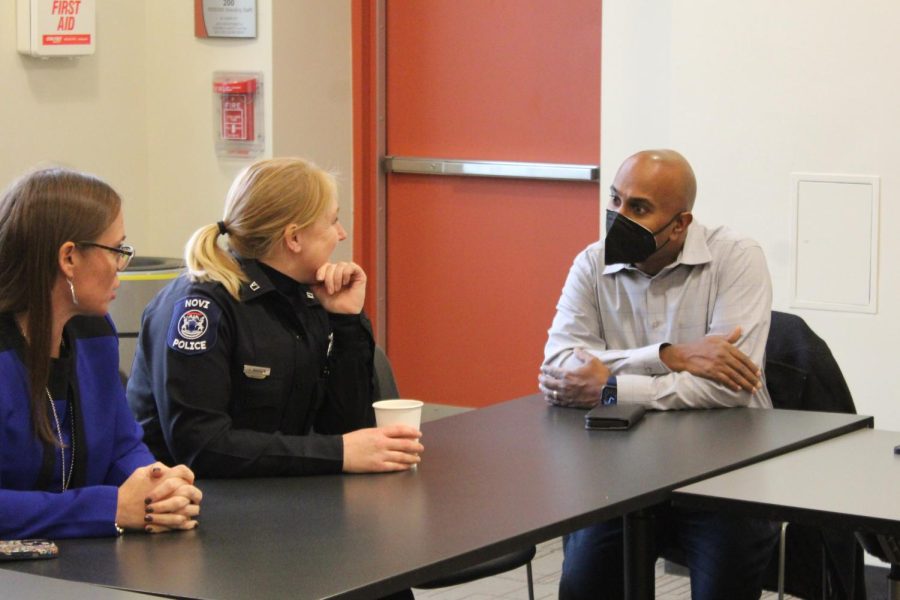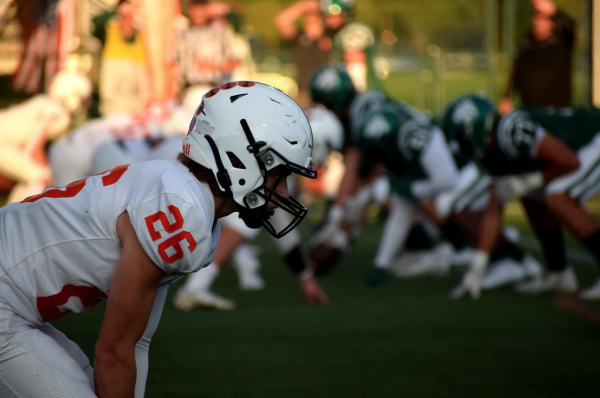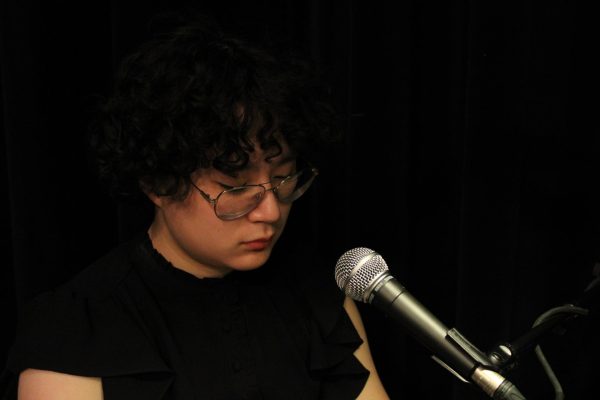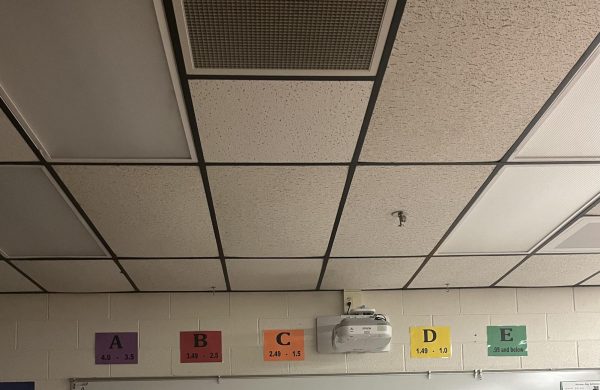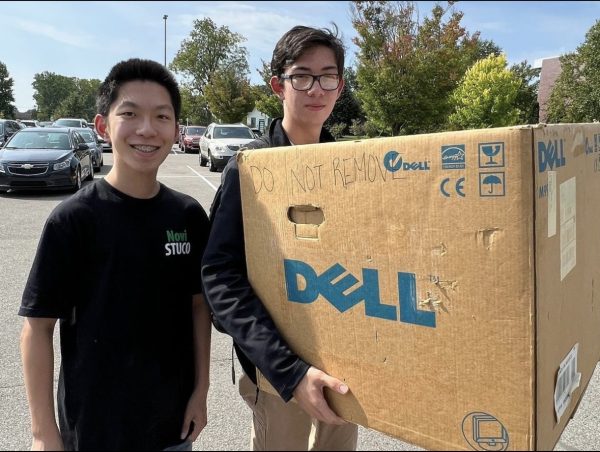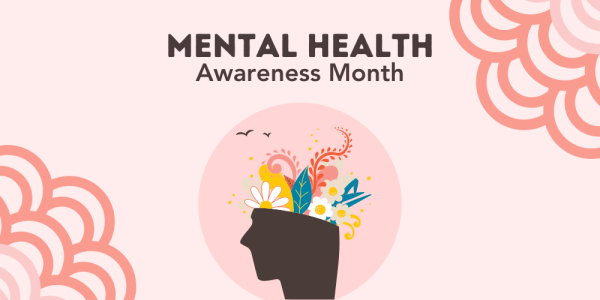“Coffee with the Superintendent” meeting discusses school safety, mental health
A group of 40 community members, ranging from parents to politicians, mill about the community meeting room at the Novi Public Library waiting for the start of this month’s Coffee with the Superintendent.
Officer Julie Warren, Dr. Laura Carino and Superintendent Ben Mainka stand outside the entrance greeting people. Attendance is higher than usual, and the meeting has to switch rooms to accommodate the amount of people.
Each month the library hosts “Coffee with the Superintendent” to discuss current district news in a relaxed, informal way. There’s open discussion, allowing guardians to ask questions about policies that affect their students. This month’s topic? School safety.
School districts around the state of Michigan have experienced an increased number of threats to school safety. According to Mainka, Oakland County has prosecuted 42 cases this year, an increase from just one the prior year.
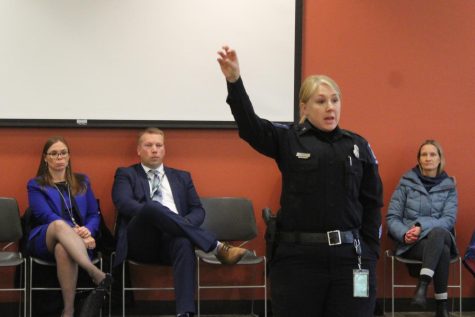
The attendees of the meeting sit in a circle, sipping their coffee while listening to the speakers introduce themselves. All three speakers are parents, and express their sympathy for the fear and anger that parents are feeling during this time. Mainka explains that there will be school and legal consequences for any students who threaten school safety.
“We’re not going to mess around with somebody who’s going to threaten the safety of our children or staff or schools,” Mainka said. “But there’s also a bigger picture conversation that I think needs to happen, and that is more of the preparedness side. What are we doing for the students that are making these threats? What are we doing on the front end to say there’s a mental health crisis in our schools?”
Mainka stated that he believes the issue isn’t lack of resources, but instead a lack of organization of those resources.
“We have lots of community programs. At all of our buildings, we’ve invested substantial amounts of money into social work support, additional counselors; we have a lot of tools at our disposal, which is a really great thing,” Mainka said. “But how do we make sure that the kids that need those services and supports are getting them on time, when they need them? We’re going to continue to push a lot of systemic reform in this area.”
From the preventative side, the district is focusing on Social Emotional Learning (SEL) curriculum. This curriculum focuses on teaching kids about mental health and how to handle feelings of anxiety or sadness.
“This (SEL curriculum) is really important for children. What we know is that, yes, we’re here to teach math and science and reading and all of those things. That’s really important. But it’s also really important for us to understand that some kids can’t get to those things if they don’t feel safe, and they don’t feel connected,” Mainka said.
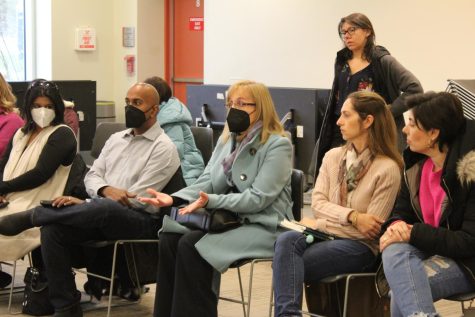
During the open questioning period, many parents expressed their frustrations with what they felt was a lack of proper communication from the school during the investigation of threats. Mainka noted that parents were notified within fifteen to twenty minutes, and argued that was immediate, as during those fifteen to twenty minutes safety procedures were being put into action.
“We share a lot but there comes a point where we can’t share too much, or we would compromise safety,” Mainka said.
Moving forward, the district is focusing on improving both proactive and reactive measures. District leaders, such as Mainka and Carino, are emphasizing the consequences of these threats and retooling the accessibility of mental health resources to students. The district has also applied for a safety and security grant through the state of Michigan and plans to increase safety measures through strategic camera placement.

Arieis “A” Feldpausch is a senior. This is her third year on staff. In her free time, Arieis enjoys indie folk music (specifically The Mountain Goats),...
